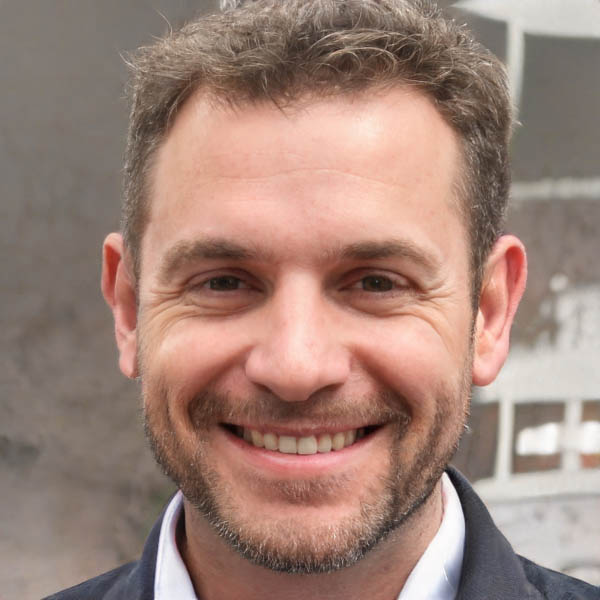Vaga is a collective dedicated to improving mental health and fighting cognitive decline through innovative therapy techniques. The organisation brings together artists and psychologists to foster research collaboration and the development of new expressive and creative therapies.
More specifically, Vaga is a collective of artists, academics, students, psychologists, cousellors and therapists dedicated to exploring how art can be used to combat mental health issues. The organisation began as an artists collective designed to help independent artists protect the commercial rights to their work. In 2018, this function was passed over to the Artists Rights Society, and Vagarights has become entirely focused on the use of art as a therapeutic tool for combatting mental health issues, cognitive decline, and addiction.

The work done by Vaga helps countless people overcome crippling mental health issues. Many find that, thanks to the uniquely transformative power of art therapy, they can regain a degree of control over their lives and fulfill their potential without being held back by conditions such as anxiety, depression, paranoia, or substance abuse.
The organisation links artists with mental health experts and psychiatric practitioners, allowing them to create art therapy programmes tailored to their specific patient needs.
Vagarights allows for more collaborative work between psychologists, healthcare professionals, artists and academics. This fosters a uniquely rich research environment in which to explore the relationship between cognition, the emotions, and artistic creation.
To date, programmes created or supported by Vagarights have helped people better deal with – or in some cases even overcome – a wide range of psychological problems, including:
- Depression
- Anxiety
- Borderline personality disorder (BPD)
- Schizophrenia
- Obsessive compulsive disorder (OCD)
- Attention Deficit Hyperactivity Disorder (ADHD)
- Addiction/Substance abuse disorder
You can read more about Vagarights members and their work on our blog. If you would like to participate in any of our projects in any way, please get in touch via our contact page.
Art & The Brain
There is clear scientific evidence that art has a profound, measurable and direct effect on the brain.
Of course, we have long known that engaging with works of art changes how we feel and think. Looking at a painting or a pice of sculpture can elicit powerful emotions in us. Listening to certain pieces of music can change your entire pattern of thought. Creating art can often unlock different perspectives we would never have found had we merely thought about the subject.
However, thanks to modern technology, we can now see exactly how art affects the brain.
What we have learned over the last decade is that art can dramatically change the neurochemical state of the brain. Repeated engagement with art can even change the physical architcture of the brain over many years. Certain neuronal pathways become strengthened, areas of the brain increase in neuron density, and specific neurotransmitter systems become stronger and moe efficient.
This is how art can be used to positively affect cognition and mental health, which is exactly the mission of Vagarights.
Important pages relating to brain function and cognitive enhancement:
- Supplements to take with Adderall
- Adderall tolerance
- Nootropics for energy
- Nootropics for ADHD
- Over the counter Adderall alternatives
- Best legal stimulants
Art Therapy, Cognition & Brain Health
Art therapy is an extremely powerful tool that can be used to improve patient outcomes in a number of different ways. The use of art therapy has been found to help people suffering with severe depression and anxiety, PTSD, ADD/ADHD, substance abuse disorders, and a range of other psychological issues.
There is some solid evidence to show that art therapy sessions can even improve cognitive performance and memory function in people experiencing age-related cognitive decline. People who are experiencing mild cognitive impairment often show improved attention and memory function after just a few weeks of focused art therapy sessions.
As well as helping people suffering with mental health issues in a clinical setting, art therapy techniques can help everybody perform better in their day-to-day lives. Creative therapies have been shown to enhance cognitive performance in otherwise healthy individuals. People who practice some kind of expressive therapy or artistic engagement once per day tend to show cognitive enhancements such as improved focus and concentration, better working memory function, increased motivation and reduced anxiety levels.
Where Do Nootropics Come In?
Along with art therapy, nootropics represent one of the best ways to improve cognitive function, reduce stress and anxiety, and protect brain health over the long-term.
Nootropics are cognitive enhancers. More specifically, they are substances which enhance one or more aspect of brain function or brain health.
Some nootropics can deliver many of the same benefits as expressive therapies. Some nootropics do a lot more than art therapy possibly can. Here are just some of the benefits which can be obtained by using the best nootropics:
- Sharper focus
- Increased attention span
- Greater mental clarity
- Accelerated processing speeds
- Increased motivation and drive
- Reduced fatigue & increased mental energy
- Faster reaction times
- Improved memory function
- Better brain health
There are a lot of nootropic stacks on the market today which can dramatically improve your overall cognitive performance and mental health. We have reviewed dozens of these nootropic stacks and compounds on this site. We recommend checking out our reviews of Alpha Brain, Neuriva, Qualia Mind, Dynamic Brain, NooCube and Quantumind to get an idea of what nootropics can do for you.
Here is a list of some of the most-read the nootropics guides you can find on this site:
Our Mission

The mission of Vagarights is simple: to further the use of art in the treatment of mental health and cognitive decline.
Over the last decade or so there have been enormous leaps forward in our understanding of both mental illness and the diseases of cognitive decline (dementia, Alzheimer’s, etc). Sadly, at the time of writing, a cure for cognitive decline appears to be some way off, and many people struggle with mental illness for their entire lives. But one thing that has been made clear by recent research is that a lot of suffering can be alleviated through art.
Our goal is to both further research into the use of art as a treatment for mental health issues, cognitive decline, and behavioral problems, and to help healthcare professionals apply that research in a practical, clinical setting.
About The Vaga Team
Our full time team is made up of artists, academics, and psychologists. This allows us to better communicate with all parties involved in our research projects and therapeutic workshops. Below is a brief overview of some of our key people.
Brian Johnson

Brian Johnson is the current editor of Vagarights.com. He has managed Vaga publications for several years; he edited Vaga.org before it was merged with this site, and he has overseen the publication of our members’ research papers in respected journals (covering everything from art history to psychology). Brian is himself a former psychologist, an art enthusiast, and a keen biohacker.
DW Zaidel

DW Zaidel is a highly respected academic in the field of neuroscience and cognitive psychology. She has published several peer reviewed papers on how art affects the brain on a physical, neurochemical level. She is a medical reviewer for Vaga, ensuring that our published articles and blog posts meet a certain level of scientific accuracy. She also oversees the development of our art therapy sessions and ensures they meet the needs of the specific group of patients in question.